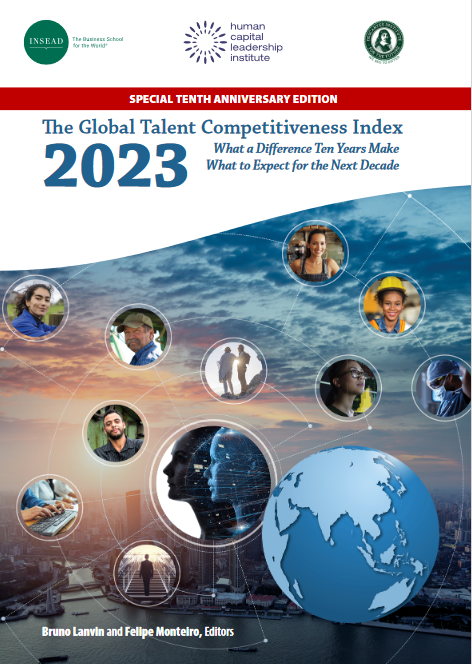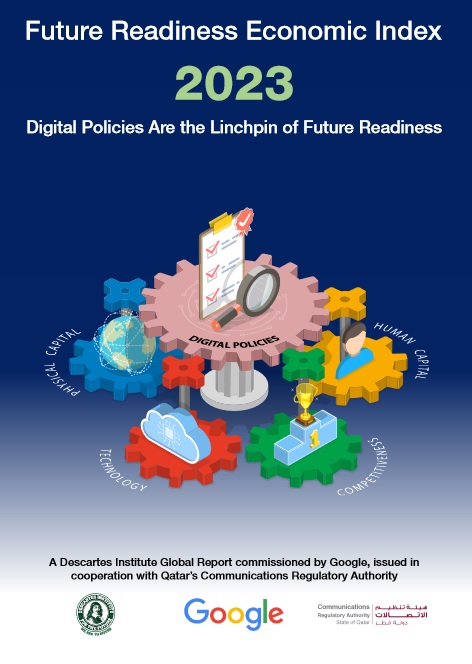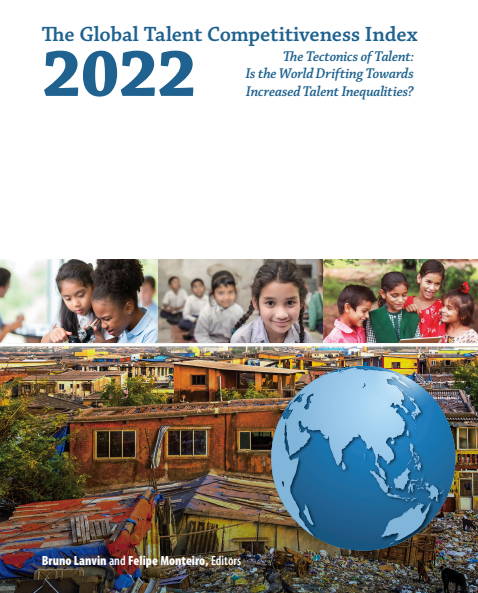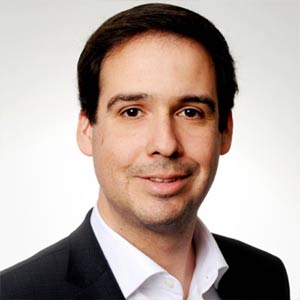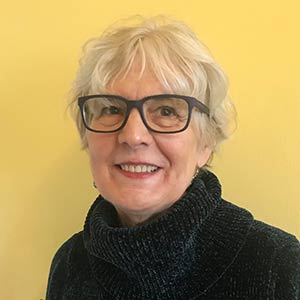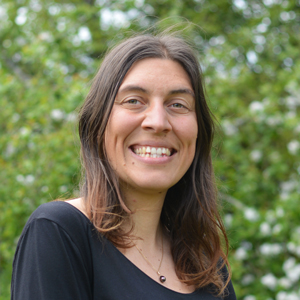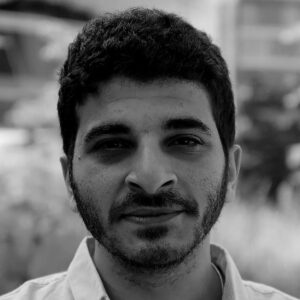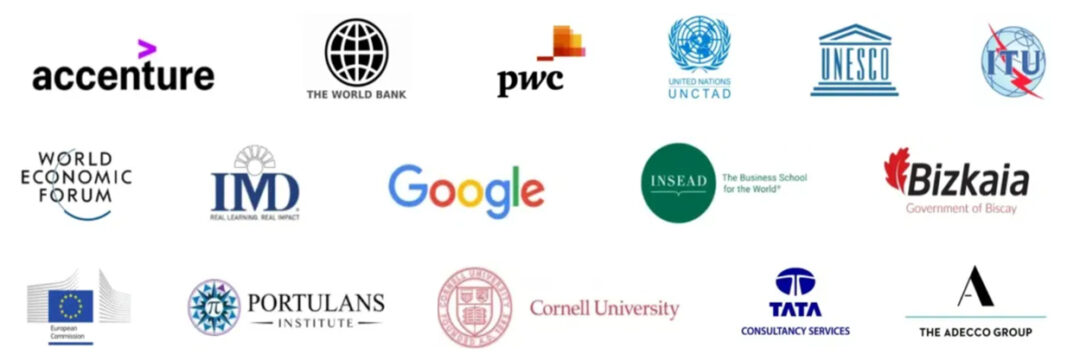Our mission
Because the current times are complex, because the future has become more difficult to anticipate, and because our decoding grids and navigation instruments require constant upgrading, the mindset of René Descartes stands out as one of the most powerful tools we can use to be future ready. To do this, we need to combine two core qualities, namely (1) offer innovative ways to look at tomorrow while building on proven facts and measurable realities, and (2) doing so by constantly challenging established ways of describing the world, and offering new bridges between various areas of thoughts, culture and ways to see the world.
Our thirty years of experience in dealing with the highest levels of government and business management, and our reputation in building global indices and resourceful benchmarks in future-critical areas such as technology, innovation and talent is our strongest asset to help private and public organizations to be more future-ready.

About us
Intellectually and practically, Descartes had no borders.
René Descartes is one of the leading intellectual figures of modern times. He cannot be ‘slotted’ easily : was he a philosopher ? a mathematician ? a scientist ? Clearly, he was all of those, making headways in each of these areas. But he was much more than the addition of the three, as he built bridges between intellectual domains that had been seen as separate until Descartes came around and changed forever our vision of the world.
This being said, René Descartes was not just an intellectual. He was a man of action : as a soldier, he traveled much of Europe, and also took part in reshaping his times’ geopolitics.
He was not afraid of being different, and thinking differently.
Descartes gave us a brand new way to consider, measure and navigate space (with one of his best-known creation, i.e. cartesian coordinates), but also time and logics. He offered a radically new way to look at reality : fact-based, experience-proofed and open to innovation and creativity. Those remain the fundamental roots of cartesianism.
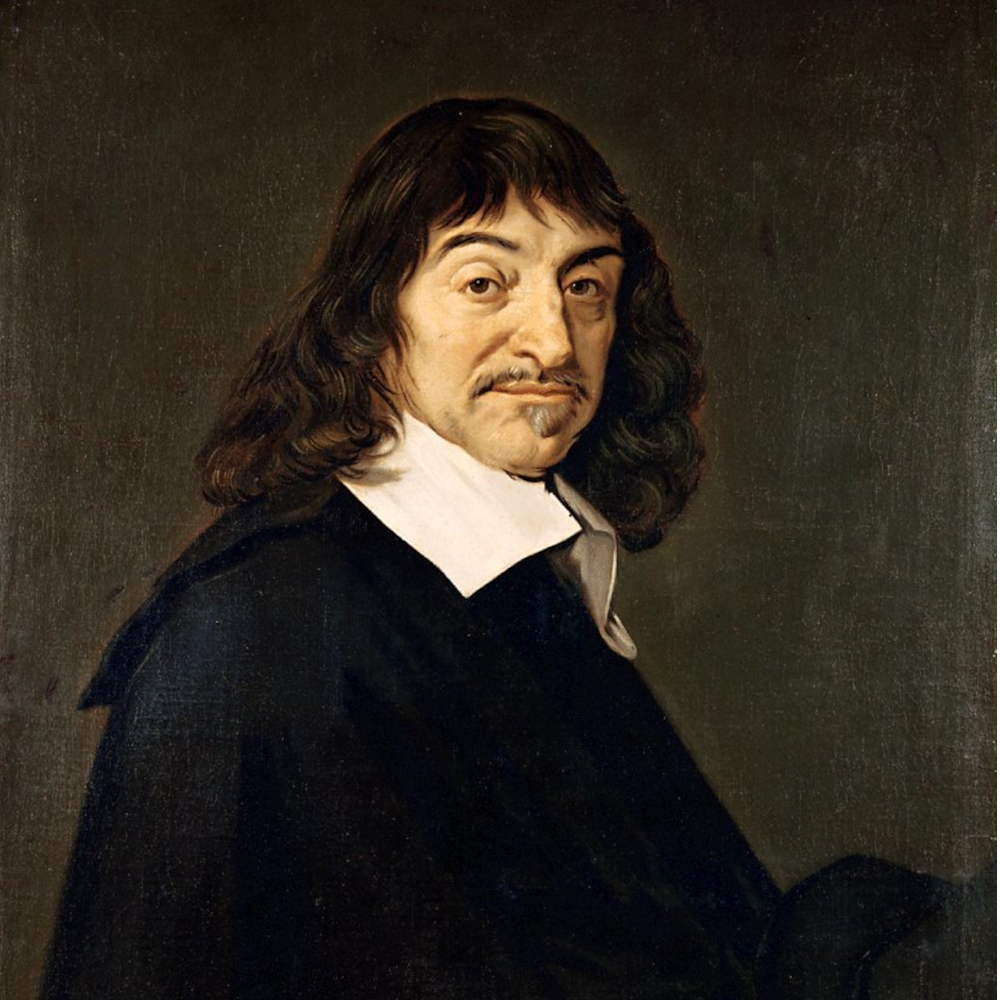
Our publications
Our most recent projects
Our team
CORE TEAM
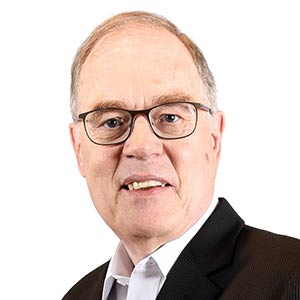
Dr Bruno Lanvin
Founder

Anna Henry
Senior Project Manager
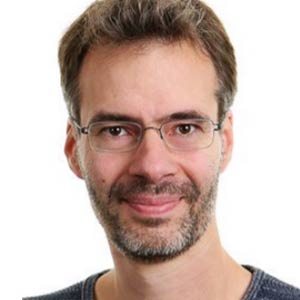
Michael Bratt
Lead Analyst & Senior Research Associate
COLLABORATORS
Eduardo Montemayor
Researcher
Alex Wong
Senior Fellow
Hope Steele
Editor
Ken Benson
Graphic Designer
Florie Thielin
Web producer
Patrick Pardy
Translator
Kareem Younes
Research Fellow, The Graduate Institute, Geneva (IHEID)
Nameetta Nierakkal
Research Fellow, The Graduate Institute, Geneva (IHEID)
Yash Arya
Research Fellow, The Graduate Institute, Geneva (IHEID)
Lucas Delattre
Research Fellow, The Graduate Institute, Geneva (IHEID)

